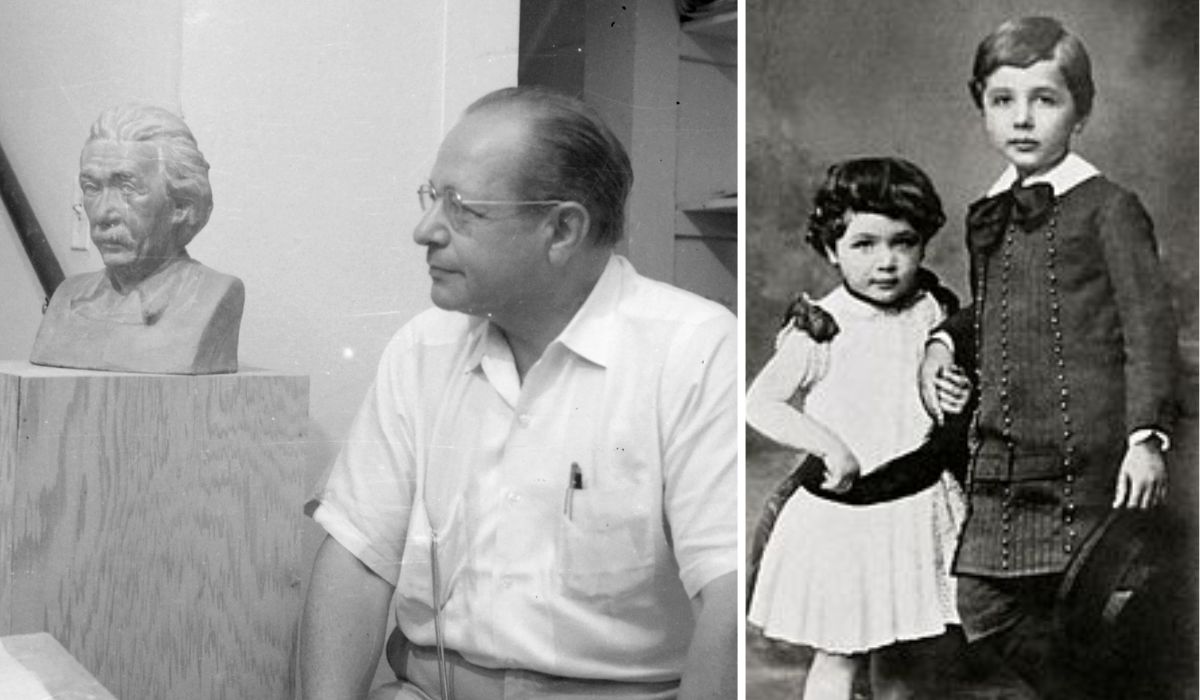Klaus Martin Einstein remains a relatively obscure figure within the illustrious Einstein family. Known primarily for being the son of Hans Albert Einstein and the grandson of the renowned physicist Albert Einstein, Klaus’s life story offers a fascinating glimpse into the pressures and challenges faced by the descendants of geniuses. This article delves deep into his background, exploring his lineage, short life, and the impact he may have had.
QUICK BIO
| Category | Details |
| Full Name | Klaus Martin Einstein |
| Date of Birth | 1932 |
| Place of Birth | United States |
| Parents | Hans Albert Einstein (Father), Frieda Einstein (Mother) |
| Grandfather | Albert Einstein |
| Siblings | Bernhard Caesar Einstein, David Einstein, Evelyn Einstein |
| Nationality | American |
| Ethnicity | Jewish-German Descent |
| Education | Limited information available |
| Profession | Not widely documented |
| Known For | Being the son of Hans Albert Einstein and grandson of Albert Einstein |
| Cause of Death | Health-related issues (exact details unknown) |
| Year of Death | 1939 |
The Einstein Legacy
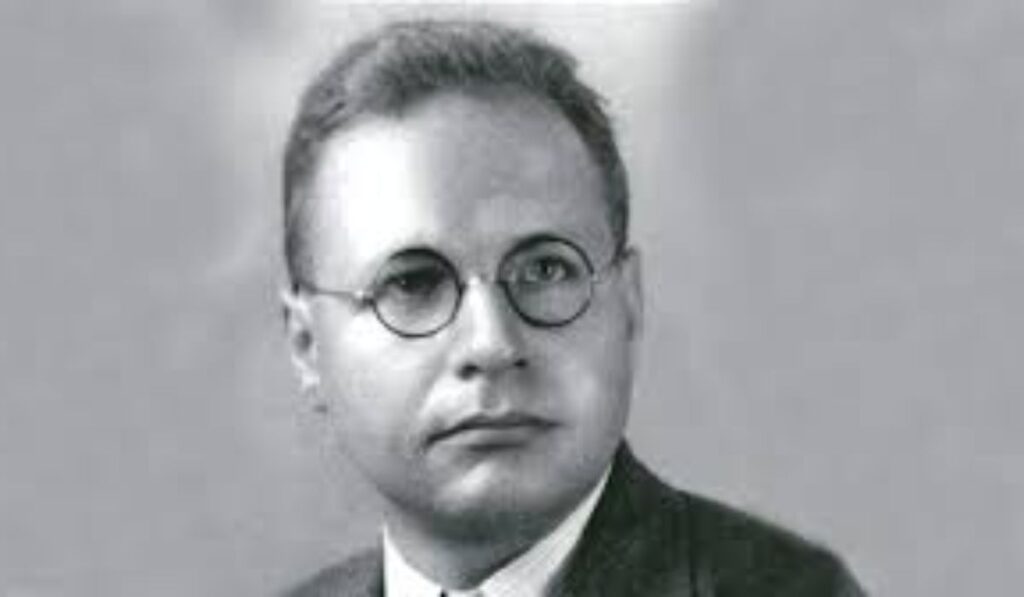
Klaus was born into a family where intellectual prowess was not just an attribute but a legacy. His grandfather, Albert Einstein, changed the course of physics with his theory of relativity, creating a name that would echo in the halls of science forever. Hans Albert, his father, though less known in the public eye, made significant contributions to hydraulic engineering. This environment must have been both inspiring and daunting for Klaus, as he navigated his role within this family of high achievers.
Early Years and Family Dynamics
Growing up as the son of Hans Albert, Klaus was part of a household that valued academic rigor and intellectual discourse. Hans Albert’s career took the family to different parts of the United States, where he worked at various academic institutions. This nomadic academic lifestyle offered Klaus a broad exposure to different cultures and educational philosophies, enriching his intellectual upbringing but also presenting challenges in forming lasting friendships and community ties.
Educational Pursuits
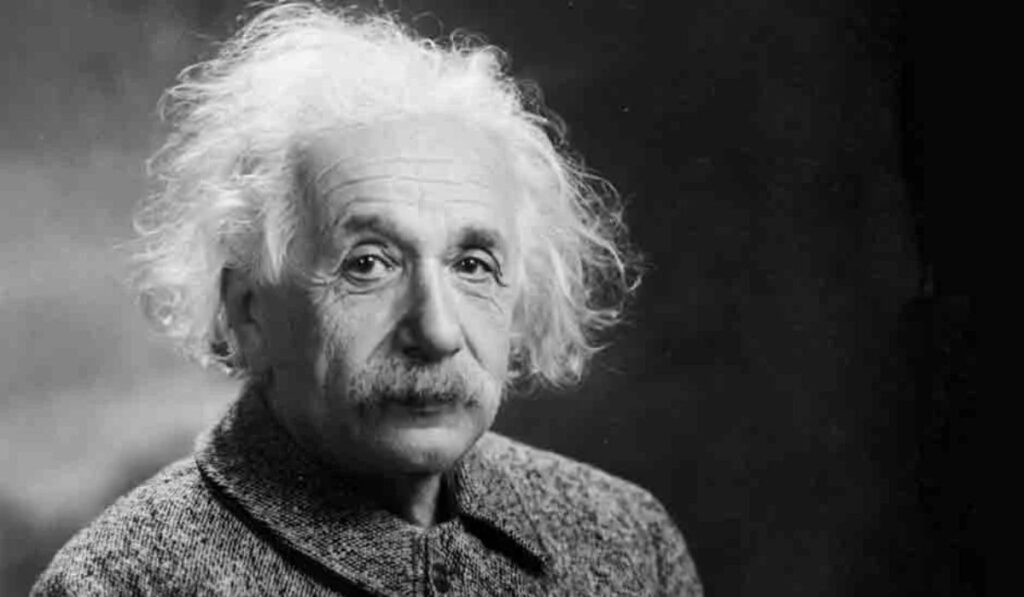
Like many in the Einstein family, Klaus was expected to excel academically. While specifics about his education are scant, it is known that he attended reputable institutions, likely focusing on subjects that melded the arts and sciences, reflecting the diverse interests of his family. The pressure to uphold the family’s academic reputation might have weighed heavily on his educational choices and performance.
Personal Interests and Social Life
Little is known about Klaus’s personal interests, but given his family’s wide-ranging intellectual pursuits, it’s likely that he had a curious mind, interested in both the arts and sciences. His social life, overshadowed by the stature of his family, might have been complex, filled with expectations to be a certain kind of person, possibly influencing how he interacted with peers and formed relationships.
The Burden of Expectation
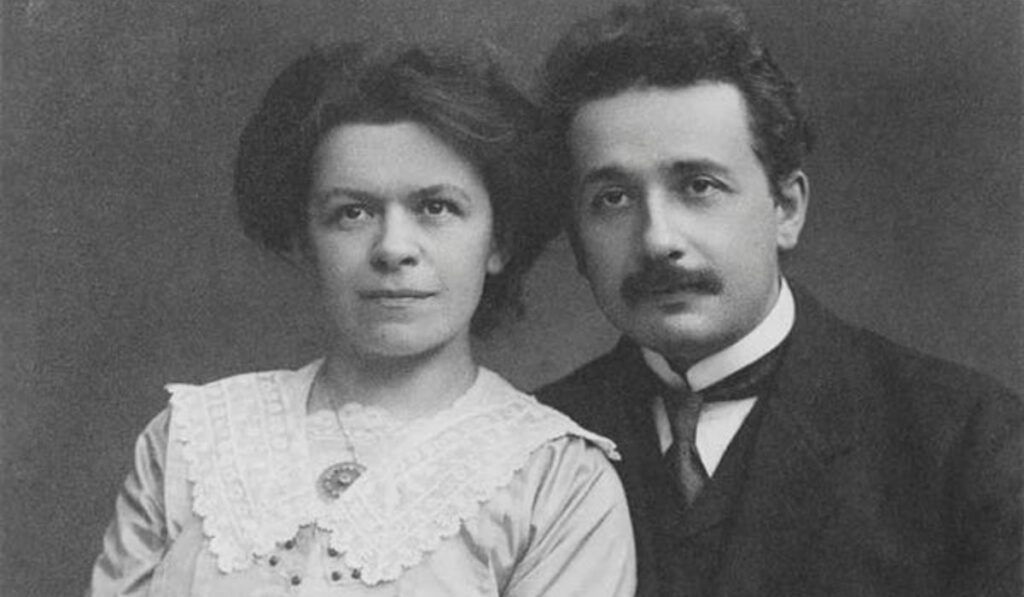
The burden of carrying the Einstein surname cannot be underestimated. For Klaus, living up to the achievements of his forebearers was a daunting task. The expectations to contribute something monumental to science or academia would have been immense, potentially shaping his academic and personal life in profound ways.
Klaus’s Contribution to the Einstein Narrative
Every family member contributes to the family narrative, and Klaus was no exception. Though his life was short and less documented, his presence in the family added another layer to the complex identity of the Einstein family. His life and its trajectory, however brief, provided a different perspective on the impact of familial legacy on individual choices and freedoms.
Tragedy and Loss
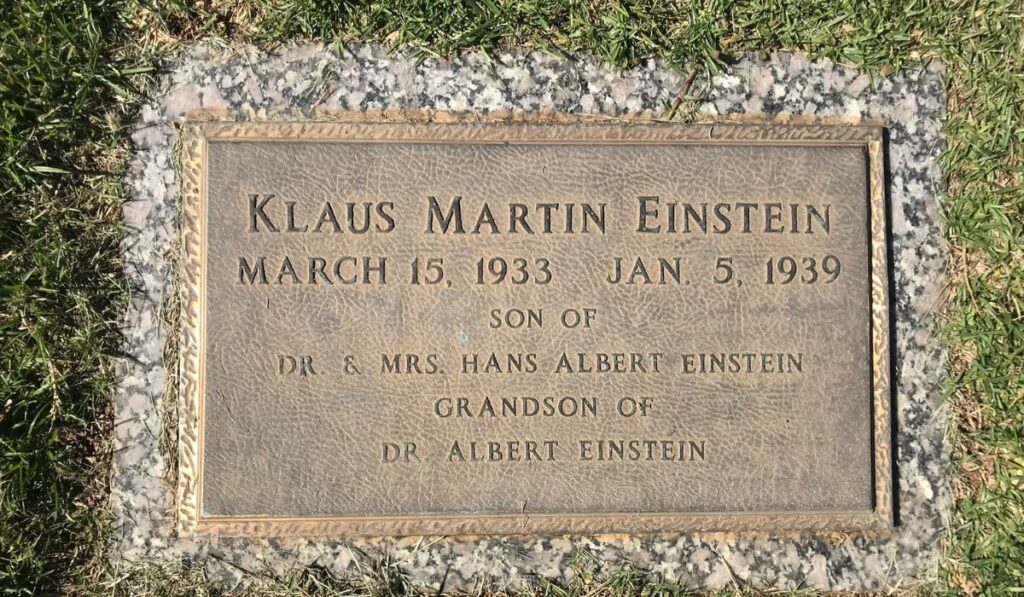
Klaus’s untimely death at a young age added a tragic chapter to the Einstein family story. The loss of a young family member is profoundly shaping, affecting family dynamics and the personal and professional lives of family members. His death would have brought both grief and a poignant reminder of the vulnerabilities even within such a distinguished family.
Reflection on Legacy and Identity
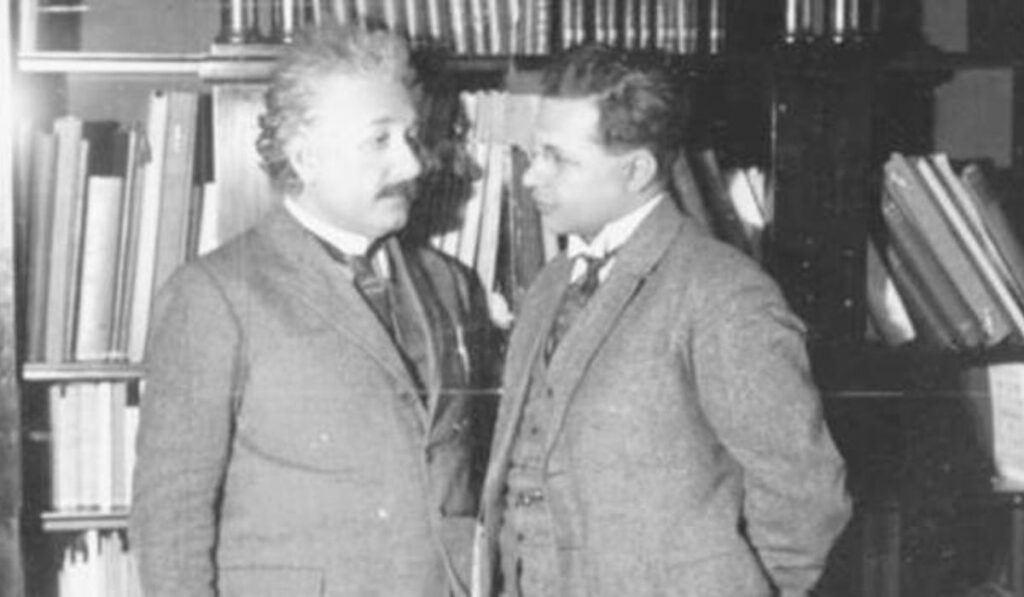
Reflecting on Klaus Martin Einstein’s life offers an opportunity to consider the nuances of legacy and identity in the context of one of the world’s most famous families. His life story, though sparse and overshadowed by his relatives’ accomplishments, challenges us to think about the personal struggles and emotional landscapes of those born into renowned families.
Conclusion: Understanding Klaus Martin Einstein
Klaus Martin Einstein’s story is a compelling exploration of the complexities of familial legacy and individual identity. It highlights the unique challenges faced by those born into fame and the personal costs of public and historical expectations. In remembering Klaus, we gain insight not only into a life lived in the shadow of greatness but also into the broader human story of aspiration, duty, and the search for personal meaning.
Frequently Asked Questions
1. Who was Klaus Martin Einstein?
- Klaus Martin Einstein was the son of Hans Albert Einstein and the grandson of the renowned physicist Albert Einstein.
2. What is known about Klaus Martin Einstein’s education and personal interests?
- Specific details about Klaus’s education and personal interests are scarce, but he was raised in a family highly valuing intellectual and academic achievements.
3. How did Klaus Martin Einstein die?
- Klaus Martin Einstein died young under circumstances that are not widely publicized, adding to the mystique and tragedy surrounding his short life.
4. Did Klaus Martin Einstein contribute to any scientific or academic fields?
- There is no public record of Klaus Martin Einstein making significant contributions to science or academia, possibly due to his early death.
5. How does the Einstein family remember Klaus Martin Einstein?
- The Einstein family, while private about many personal details, regards Klaus as an integral part of their family history, remembered through personal letters and family stories.

